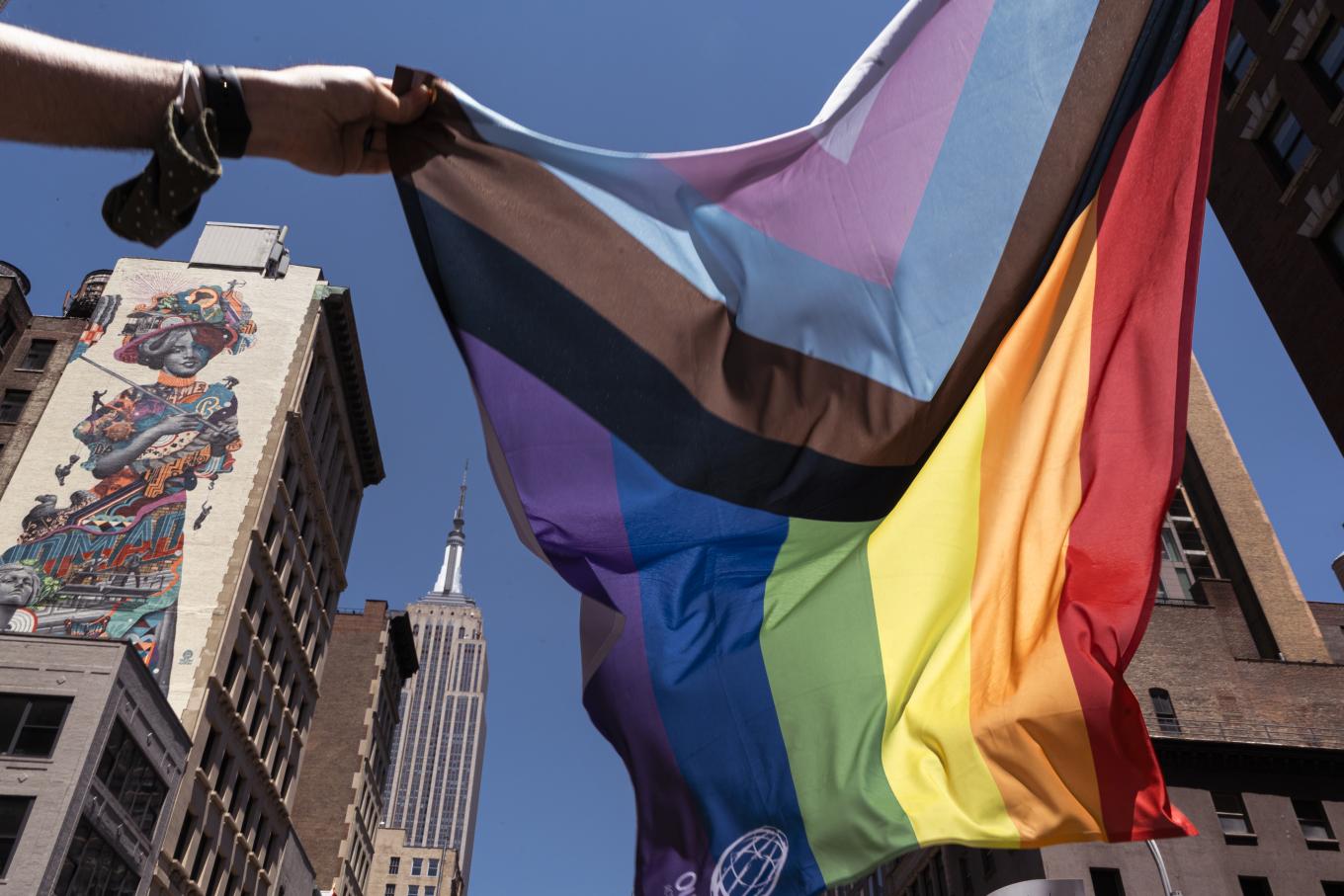
Country Overview
Bangladesh
At a glance
View more for this country:
The Penal Code of Bangladesh, a colonial-era law dating back to 1860, outlaws “intercourse against the order of nature,” prescribing a penalty of life imprisonment. Although this law is rarely enforced, there have been reports of police using the law as a pretext to harass people they thought were LGBTIQ. Conservative religious views influence societal norms around gender and sexuality, and LGBTIQ people experience harassment, discrimination, and social stigmatization. LGBTIQ activists have also been the targets of threats and violence, including fatal attacks.
Since 2014, Bangladesh has legally recognized hijra people as a third gender, allowing them to change their legal gender markers to reflect this status. In recent years, there have been LGBTIQ and hijra Pride events. Yet, hijras continue to face stigma, employment discrimination, and mistreatment, which often starts at school. Most recently, Islamist groups have become vocal in their opposition to the legal recognition of hijras, with a professor from BRAC University in Dhaka setting off public backlash against gender diversity after publicly tearing a seventh-grade History and Social Science textbook because it contained a two-page story featuring a transgender character.
Hijra, women and queer activists took an active role in the July Revolution of 2024 that saw student-led protests oust incumbent Prime Minister Sheikh Hasina. Despite their visible presence at the student protests, the tenor of political discourse in the country under the caretaker government has taken a sharp turn toward religious conservatism, resulting in increasing violence against women and LGBTIQ people for not conforming to gender norms. Outright’s research in 2025 shows that lesbian, bisexual, and queer women in Bangladesh have been subjected to online gender-based violence, including sexualized harassment, hate speech, extortion and threats from individuals and organized groups.
*Outright research indicates that the bodily autonomy of intersex people is not respected and protected in this country.
Global Impact
Sub-Saharan Africa
Outright supports LGBTIQ organizations in Sub-Saharan Africa and works with mainstream human rights organizations to respect human rights and influence positive changes in laws, policies, attitudes and beliefs that cause discrimination against LGBTIQ people.
United Nations
Our work at the United Nations centers around advocating for the advancement of the rights of LGBTIQ people.
View this regionAsia
Our work in Asia promotes acceptance of sexual and gender diversity at all levels of society.
View this regionSouthwest Asia and North Africa
In the Southwest Asia and North Africa, we partner with local groups in various countries as part of our international solidarity work. We also work with our local partners on different topics through capacity building, advocacy, research and holistic security.
Europe and Central Asia
Outright International partners with activists to fight for an end to human rights violations based on sexual orientation, gender identity and gender expression in Europe and Central Asia, where most of our work involves emergency responses to harassment, discrimination, violence, and most recently, Russia’s brutal and expanded invasion of Ukraine.
Americas
Our work in the Americas continues to build on the fundamental and positive transformation of human rights protections in recent years. We partner with groups in the Caribbean that focus on ending gender-based violence and eradicating discrimination against trans people.
Pacific
Our work in the Pacific aims to increase the visibility of activists, respond to human rights emergencies, and actively bridge local, regional, and international activism to achieve equality and justice.
Global
View this region
Human Rights Research
Since 1990, we have partnered with activists from all over the world to produce hundreds of groundbreaking reports.
Read Our Reports